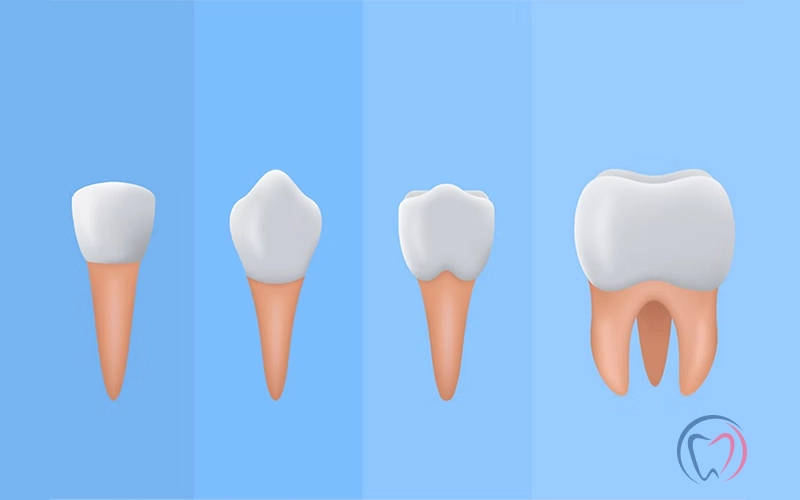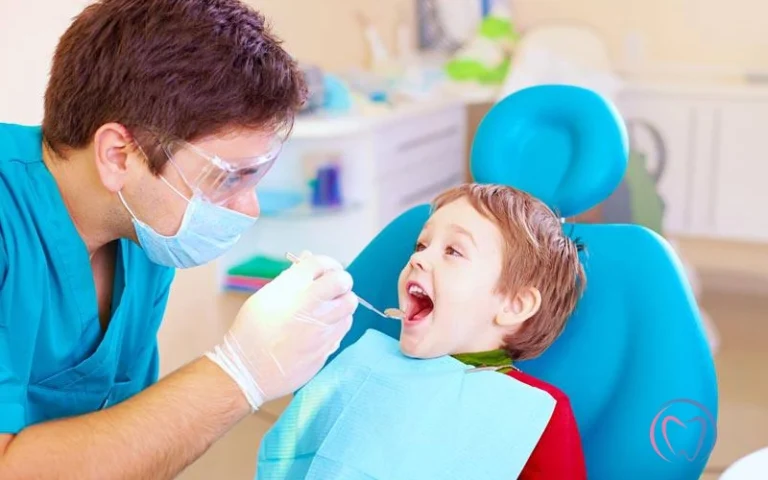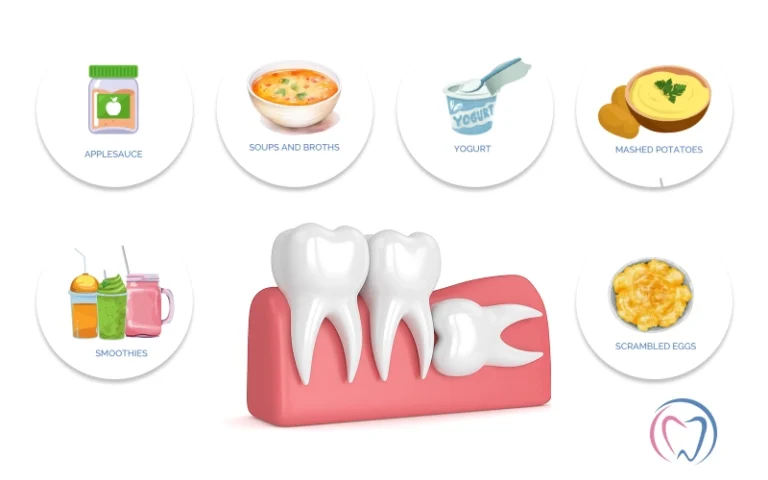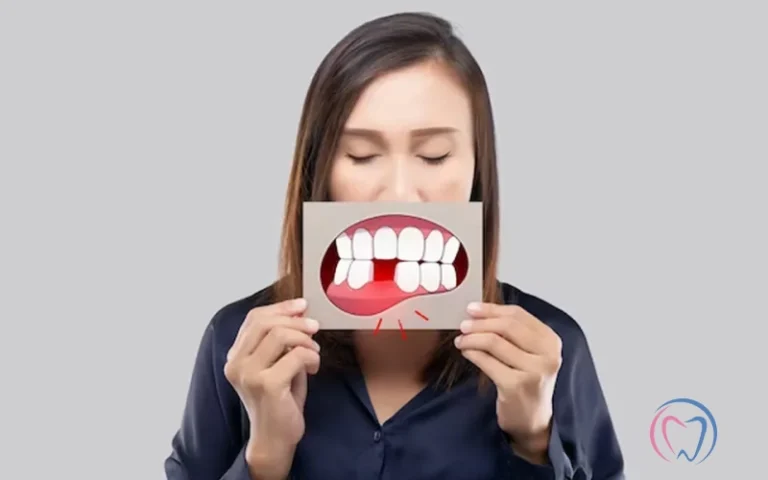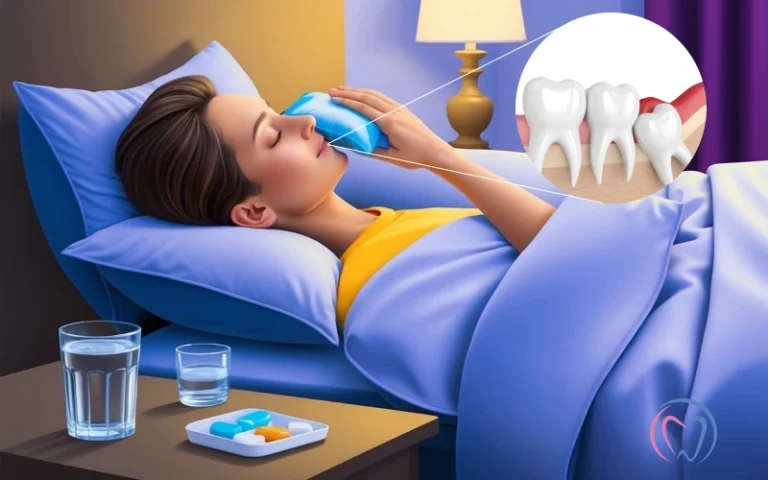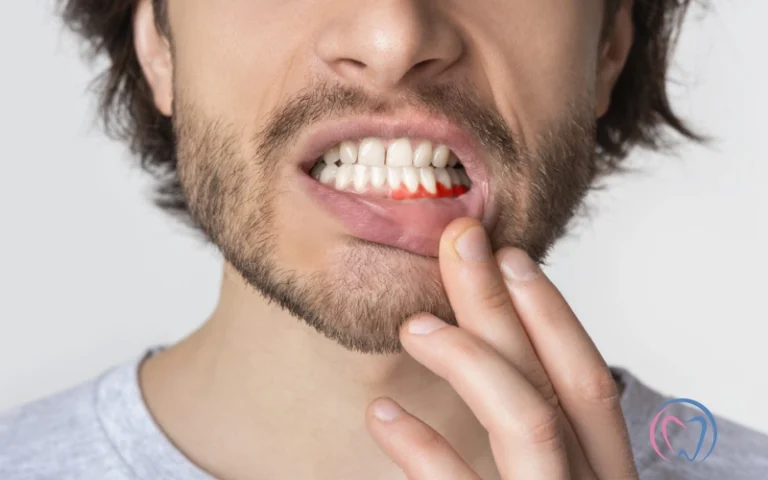Teeth are essential parts of our oral anatomy and play an important role in our ability to eat, speak, and express ourselves. The function of each tooth is determined by its unique design to contribute to our overall health and well-being.
Types of teeth
Humans have four main types of teeth that serve different purposes. Getting to know these types can help you understand their roles in daily life and the importance of dental care.
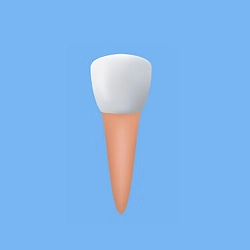
1. Incisors
Incisors are the front teeth, typically the first to erupt in childhood. In general, adults have eight (8) incisors, four (4) on the top and four (4) on the bottom. Their flat, sharp edges are what make them unique.
The primary purpose of incisors is to sharpen food. Their sharp edges are ideal for cutting into fruits, vegetables and other soft foods. Incisors are crucial to speech as they aid in the formation of words and sounds. It’s important to maintain healthy teeth for aesthetic reasons as they are the most visible teeth when we smile.
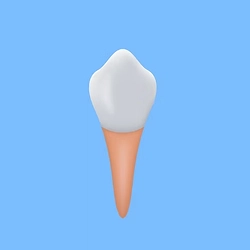
2. Canines
The canines, which are found next to the incisors, are typically pointed teeth that end in a sharp tip. It is common for adults to have four (4) canines, with two (2) on the top and two (2) on the bottom.
Canines are made for the purpose of tearing and gripping food. The pointed shape of their handles enables them to efficiently hold and through tougher substances, such as meat. Canines are important in maintaining the alignment of the dental arch and supporting the facial structure, which contributes to the overall shape of the mouth.
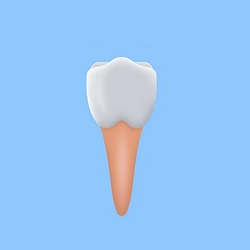
3. Premolars
The canines are the location of premolars, which are also called bicuspids. The average number of premolars in adults is eight (8), with four (4) on the top and four (4) on the bottom. They have more surface area than incisors and canines and have two or more cusps.
Premolars are crucial for breaking down solid food into smaller pieces because their primary function is to crush and grind food. The flat surfaces and ridges enable efficient grinding and food preparation, resulting in easier swallowing and digestion. Premolars play an important role in supporting the cheeks and contributing to the mouth’s overall structure.
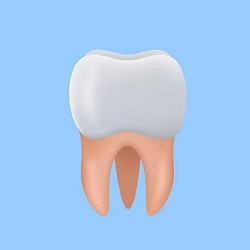
4. Molars
Molars are the teeth that are large and flat and located in the back of the mouth. Adults typically possess twelve molars (12), including four third molars, known as wisdom teeth, which are typical for adults. The surface area of molars is wide and it has multiple cusps.
The function of molars is to grind and chew tough foods. They can withstand significant pressure thanks to their robust structure, making them essential for breaking down hard items like nuts, seeds and fibrous vegetables. The proper function of the molars is crucial for effective digestion, as they prepare food for swallowing.
Importance of dental health
- Regular brushing and flossing can prevent tooth decay by removing plaque and bacteria that can cause cavities. Tooth decay is common for all types of teeth, and neglecting dental hygiene can lead to painful and costly dental issues.
- Effective chewing requires healthy teeth to promote proper digestion. The digestive system can process properly broken down food, which prevents digestive issues.
- Speech formation is facilitated by incisors and canines. Pronunciation and clarity can be affected and communication can be impacted by issues with these teeth.
- The overall structure of the face is supported by teeth. If teth are missing or damaged, they can cause facial sagging, which can affect one’s appearance and self-esteem.
- Preventing gum disease is aided by regular dental care, which can prevent tooth loss and other health complications. It is important to have healthy gums to support the roots of teeth.
Every tooth is essential in our daily activities, from cutting and tearing food to aiding in speech. By understanding their specific purposes, we can gain a better understanding of the significance of maintaining oral health through regular care and attention. Having a healthy mouth is crucial to overall well-being, making it important to prioritise dental hygiene.

